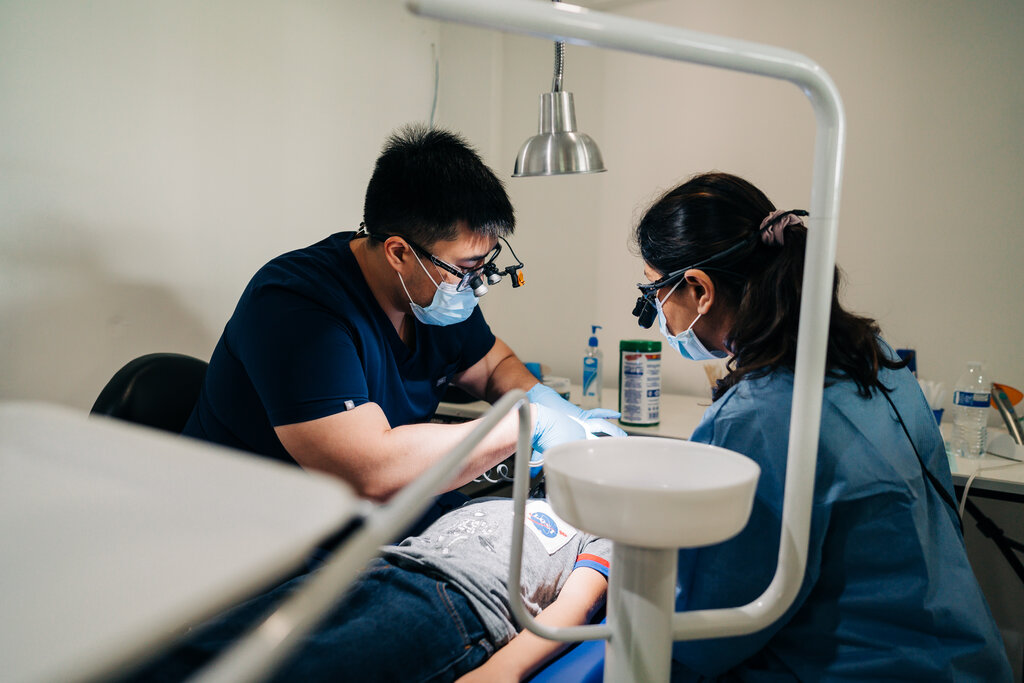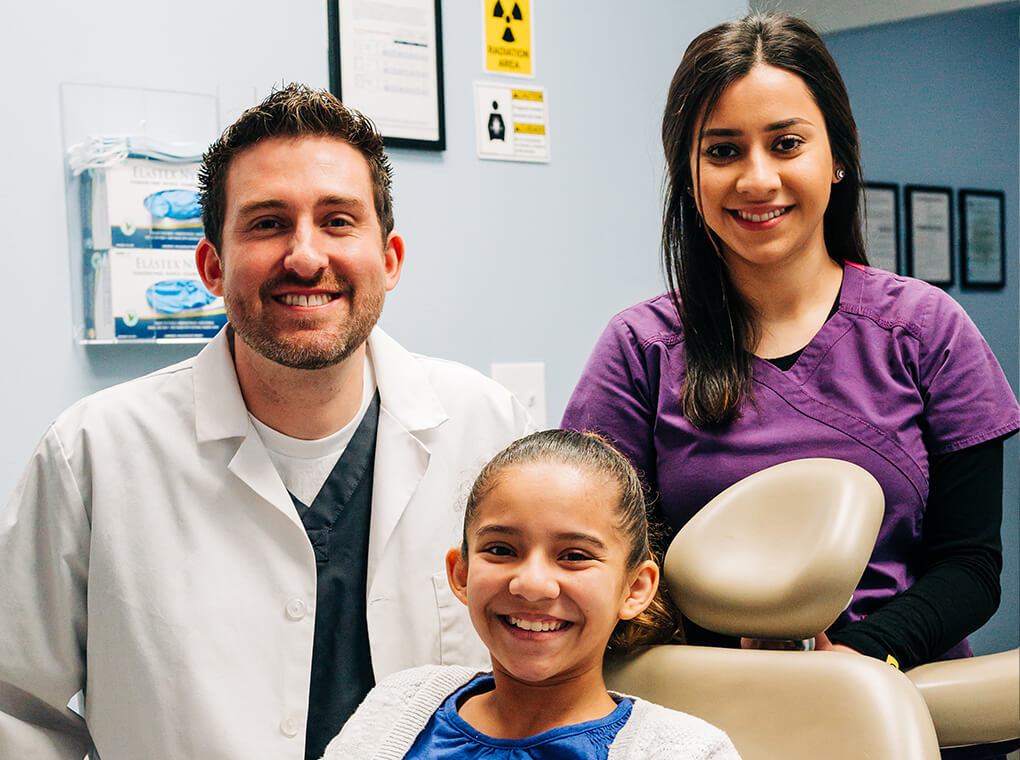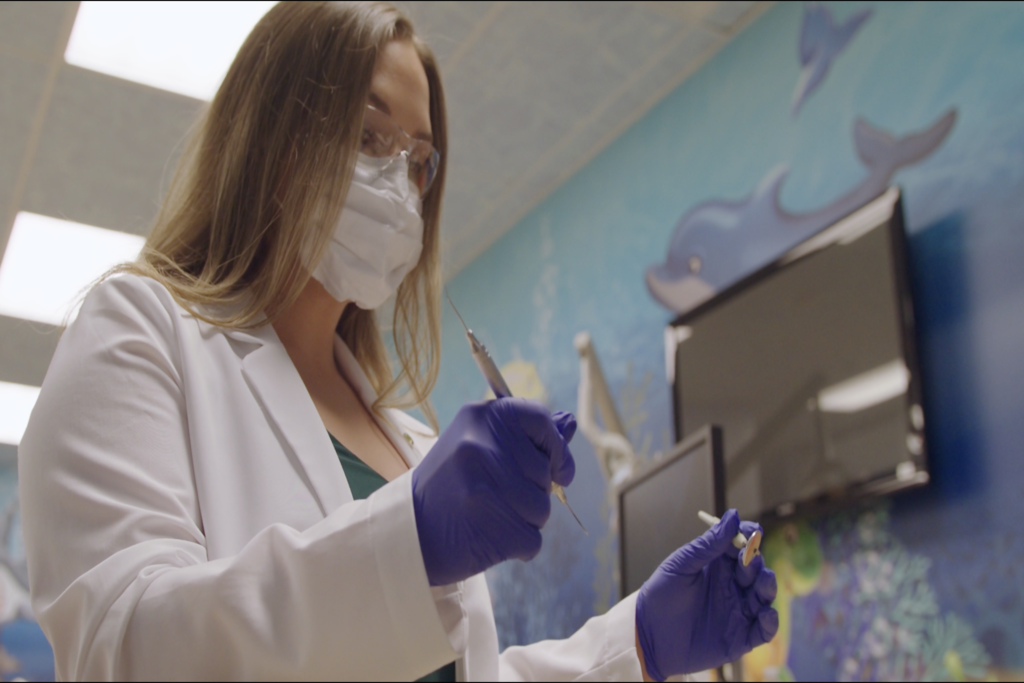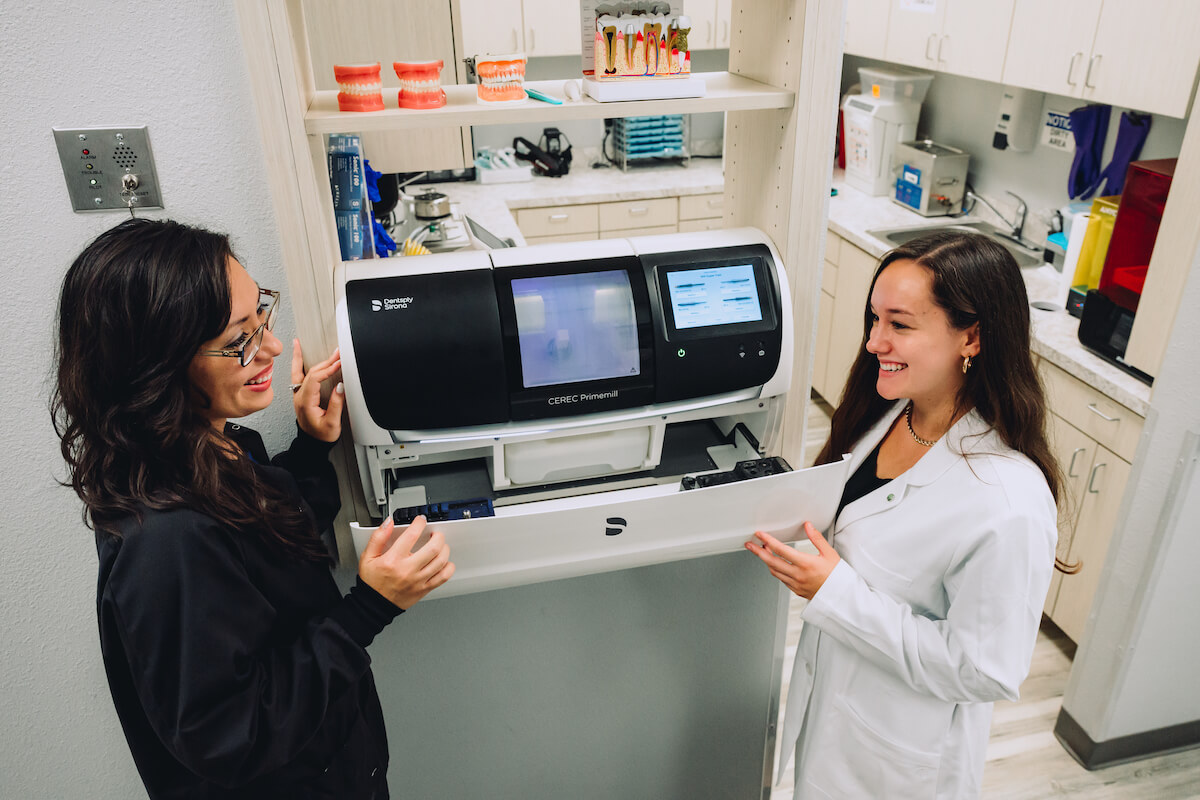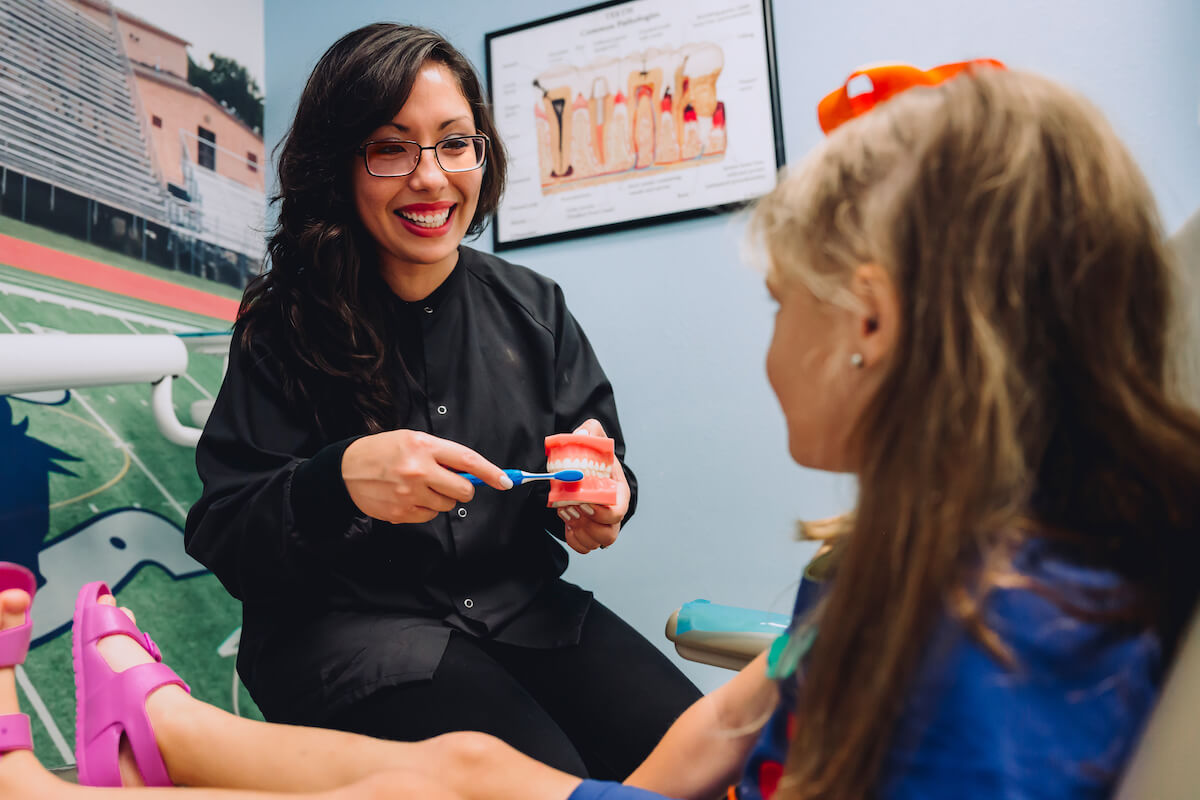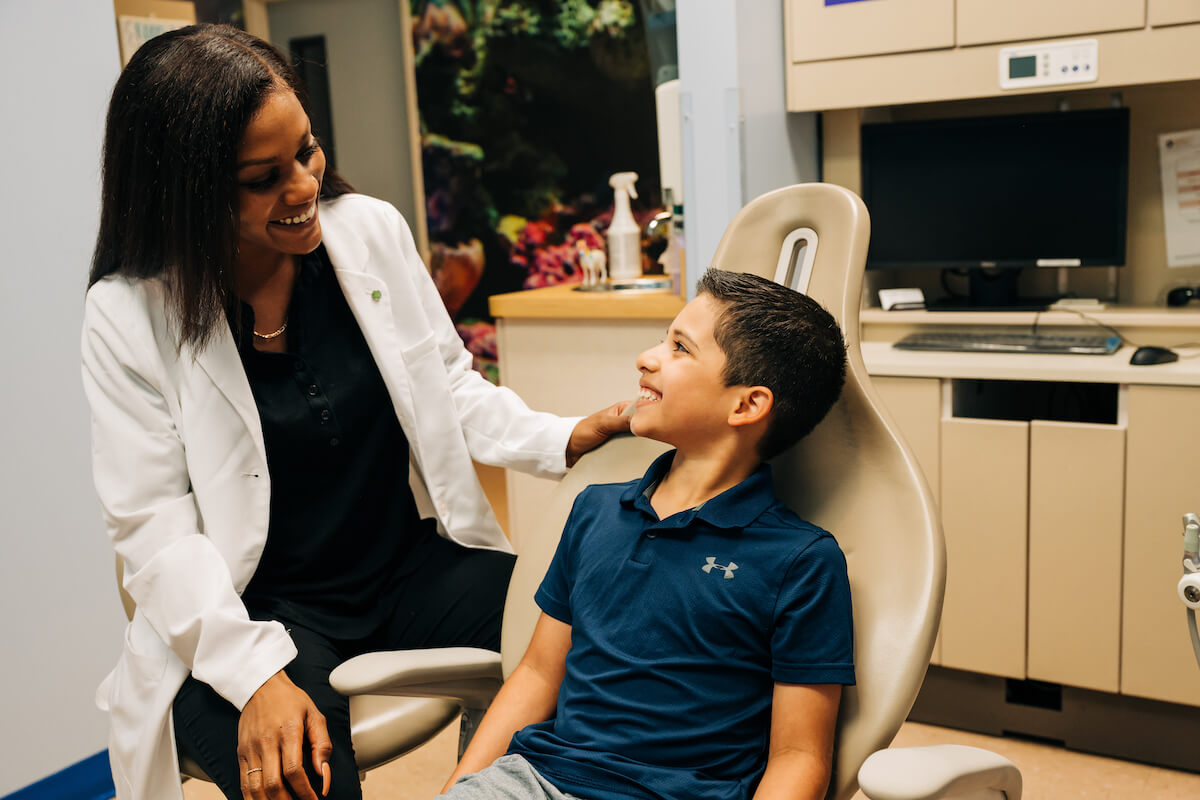
Dental school leaves new graduates unprepared for some aspects of life as a dentist. One aspect many dentists need to prepare for is the emotionally-charged dental environment can be. From patient anxiety to team dynamics, navigating the emotions in an office takes skill. Even the most seasoned dental professional may need to hone their emotional intelligence to create an office culture that keeps staff working at their peak and patients feeling comfortable.
Dentist As Counselor: Helping Your Patients Navigate Negative Emotions
Dental fear ranks second only to fear of public speaking on most surveys in the U.S. Patients struggling with dental fear and dental phobia may let their emotions manifest in unpleasant ways. They may be rude to you or your staff to mask their fear. They may cancel or postpone treatment or even be no-shows for appointments. And who hasn’t had a patient sit down and immediately say, “I hate the dentist?”
Investing in Your Patient’s Emotions Will Make You a Better Dentist
The ability to help patients navigate their emotions can make or break a dental practice. Dentists with compassion and empathy will see better patient compliance and more consistent treatment plan acceptance. Not only is that a great investment in your patient’s health, but it will also make your practice more profitable.
Rather than seeing patients as “difficult,” try to reorient your perception of their behaviors. Most of the time, a difficult patient is just scared. Helping your patients navigate their very powerful emotions will not only make their appointments smoother, but over time, you will gain your patient’s trust. That means they will be more likely to honor their appointments and become more manageable in the chair. That’s a win for your patient’s health and your stress level.
One of the primary sources of anxiety and hostility for patients is feeling like they have no control over their situation. Try to hand some power back to your patient as much as possible. This may mean giving the suction to a pediatric (or even adult) patient while they’re getting polished so they can spit whenever they want. It may mean taking a moment to sit your patient upright and ensure they fully understand your diagnosis, spelling out all the treatment options you feel will serve them best. Overall, diffusing difficult patient emotions usually comes down to communication. When your patient feels heard and truly understands what you’re saying, they will feel more involved in their care and less fearful of your plan.
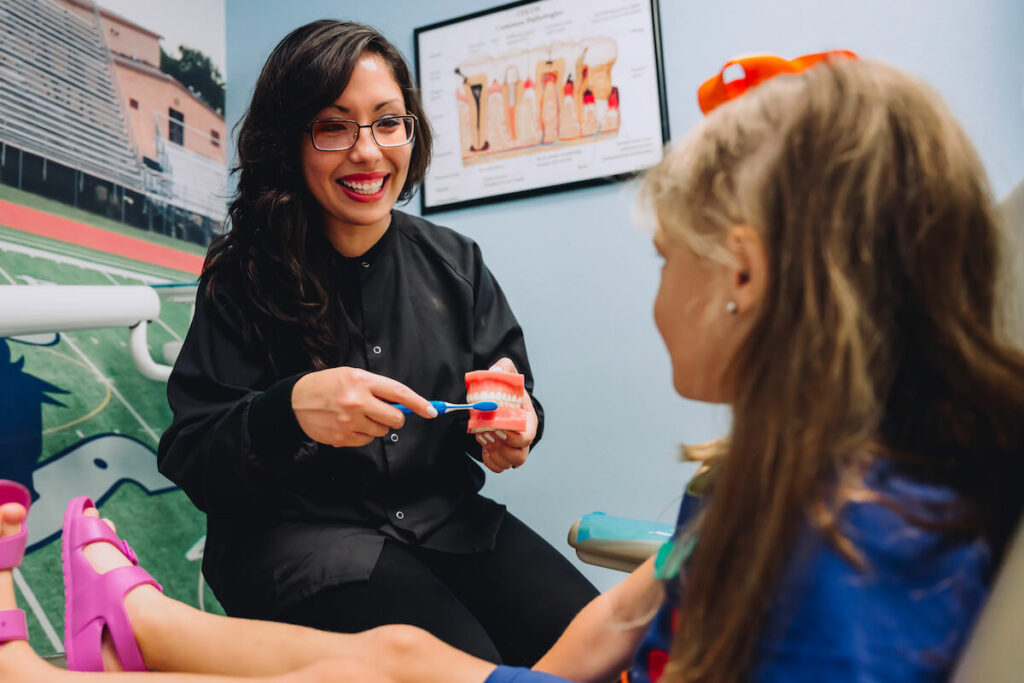
Pediatric Patients Mean More Emotions In Your Operatory
If you run a family practice or see pediatric patients of any kind, your ability to navigate emotions becomes even more essential. Children tend to be slow to warm up in any medical environment. Many kids also grow up hearing about the dentist almost as a threat. “If you don’t brush your teeth, you’ll get a cavity, and then the dentist will have to give you a shot and use a drill.”
Many kids will be overwhelmed by all the new smells and sounds and may have trouble keeping still in the chair. You can have double trouble if a parent joins them in the room. Many parents project their history of negative dental experiences onto their children and may have a lot of anxiety just watching their kids get a cleaning.
In addition to offering fidget toys or stress balls to the kids, sunglasses to keep the light out of their eyes, and maybe even a TV near the chair so they can watch some cartoons while you work, you can help make pediatric patients more manageable by taking the time to bond with them when you first meet. Establishing a rapport with your pediatric patients and their parents is an investment in that child’s oral health throughout their lifetime. CDP supports you as you learn to navigate even the most challenging patients. Including kids!
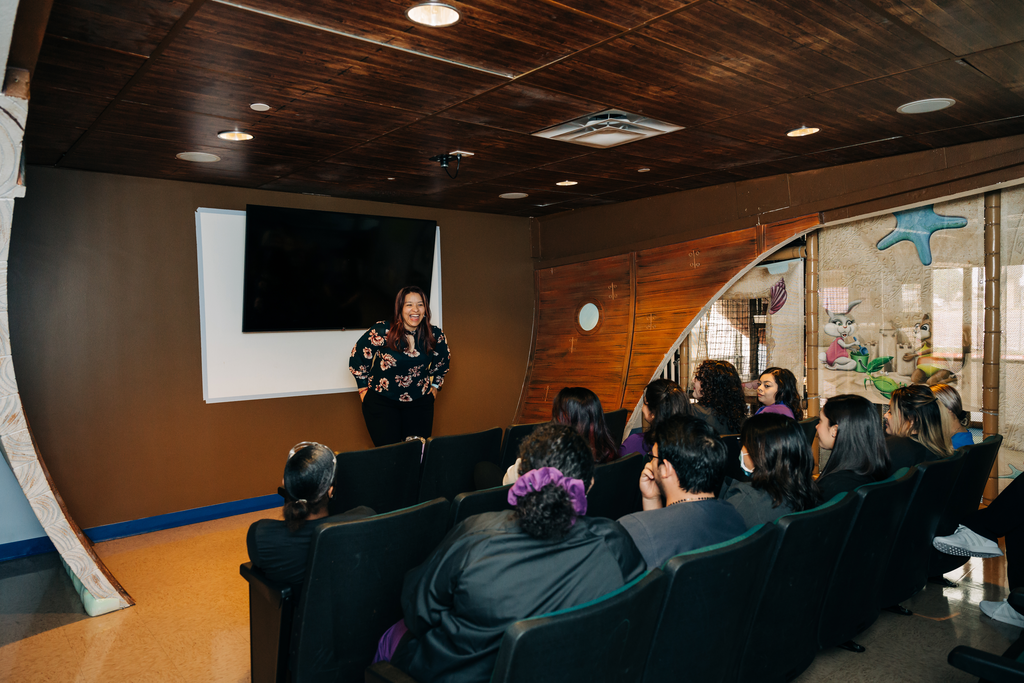
Dentist As Team Leader: Guiding Your Staff Through Their Emotions
A significant factor in creating patient comfort is providing a soothing environment. If your team experiences ongoing friction, your patients will feel that stress as soon as they walk in the door. Patients who may already be struggling with fear or anxiety related to the idea of dental treatment will feed off your staff’s stress.
Educating your clinicians and support staff in effective patient management also means leading them to practice compassion. Every team member must help your patients feel safe and at ease, from your hygienists to your treatment coordinators.
Maintaining an excellent office atmosphere means hiring staff with the right attitude and fostering an enriching work environment. Team members must feel heard, and their opinions must be valued so that they feel invested in the practice.
Most Americans working full-time spend more hours per week with their coworkers than with their families. When tempers flare, as they are bound to do even in the most peaceful workplace, a great dentist must also become a moderator and peacekeeper. CDP believes building the right culture is the cornerstone of running an effective dental office.
In The Gold Standard program, we set the bar high—committed to treating our patients, team members, and work itself with the value and care of gold. By embodying these principles, we build a valuable culture that is strong, resilient, and worthy of trust.
Dentist As Human: Navigating Your Own Emotions
There is one last piece of the puzzle to create a great dental office environment: you! As the practice leader, you are the one to keep the emotional temperature of your office balanced. However, keeping your own emotions in check can also be a challenge.
Keeping a Cool Head When Tempers Flare
Helping keep your patients calm and your team working smoothly sounds like a tall order. Especially when it feels like those patients and team members are doing everything in their power to make you lose your cool. It’s tempting to fly off the handle when you’ve had a day of complex patients, cancelled appointments, and now you just found a deep crack in what was supposed to be a simple crown prep.
Before you chuck your drill across the room, take a moment. It may sound cheesy, but a few slow breaths and a minute or two to assess your situation and calmly address it will benefit you immensely. If you’ve taken the time to invest in that relationship with your patient and help them navigate their negative emotions, you have their trust. Speaking candidly while remaining professional and upholding the practice brand when things go wrong and creating a plan together to address those problems protects their autonomy and reinforces your culture of care.
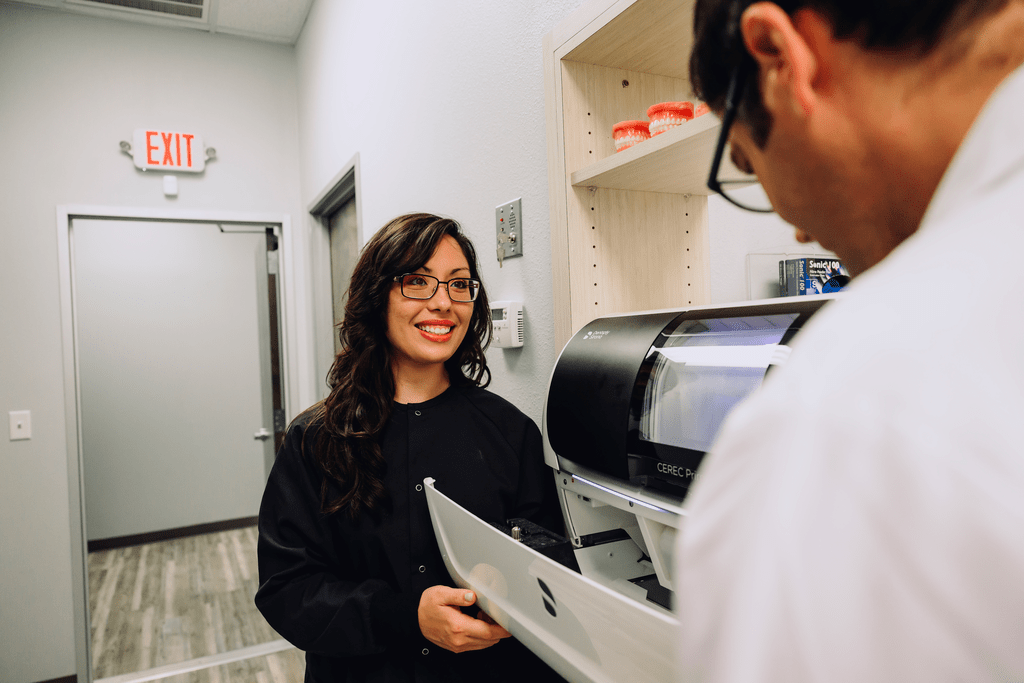
Practice Calm Leadership and Professional Communication
As you read above, you will likely spend more time with your dental office team than with your family. And those team members may bring their outside baggage into work with them. They will make mistakes. They will need your guidance on how you want them to treat patients and how you want the office to run.
However, corrections should be made privately and never in front of patients. Berating an assistant for their mistake makes your teammate feel terrible and shakes your patient’s faith in your team’s abilities. Your patients must trust you, your team, and your work. Utilizing clear, professional communication at the appropriate time and environment is critical.
Work-Life Balance
For those new to the field or who have never worked in the dental industry, there is a misconception that dentists work minimal hours and make tons of money. For most dentists, this is not the case. You must be available to your patients when they have an emergency. Some dentists spend sleepless nights fretting about a complex case. You may stress about paying back your student loans or covering overhead and payroll.
Dentists carry the stress of a medical professional and the burden of running a business. That can mean long hours away from your family, missing important events, and navigating some callous feelings of guilt and frustration.
Finding work-life balance is crucial to career longevity in the dental field. Fortunately, CDP is here to help. We emphasize physical, spiritual, and emotional development, allowing our clinicians to find greater health through balance. Schedule a call with a Hiring Manager to discuss how we can foster your path to a long and rewarding career of changing lives through excellent care.



